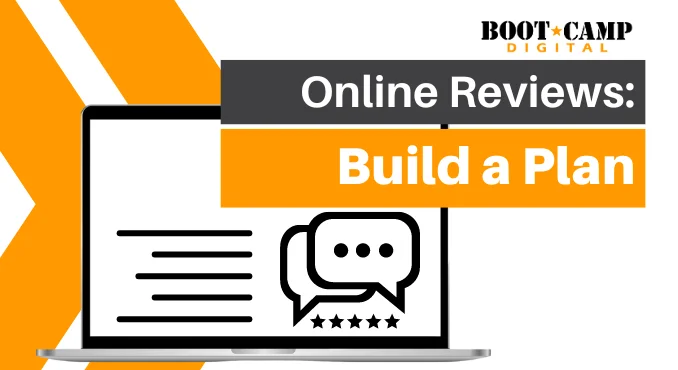I recently spoke to a group about social media, and was asked about blocking Facebook comments. The group I spoke with deals with a particularly sensitive topic and is regularly under scrutiny. They have a higher level of risk when it comes to social media, and they could be held responsible for comments on their Facebook page.
When the question was asked, my response was – blocking comments because of risk is like throwing the baby out with the bath water.
Here is why You Should Always Allow Comments on Social Media:
- The negative/risk comments will probably be under 1% of the total engagement on your page. There is a lot of fear about Facebook comments, but the reality is that most people leave positive comments – they aren’t out to hurt you. Don’t let a small risk compromise your entire strategy.
- There are controls in place to help identify issues early on. Facebook allows you to add a list of words that will automatically flag content on your page, you can choose to be notified with every comment and you can change your “offensive” filter. Use the tools to reduce your risk.
- Unless there is real legal risk, negativity or complaints are usually legitimate and the advantage is that you now have the opportunity to respond and participate. Facebook doesn’t create a bad customer experience – it simply gives your customers a voice for it. Treat feedback as a gift and try to resolve issues. Many organizations have been successful in providing social care by opening up communications with dissatisfied customers. In many cases, this prevents them from losing customers.
- Blocking comments from your page doesn’t block them from Facebook. Just because you don’t allow comments, doesn’t mean that people aren’t complaining. It just means that they are complaining on their own Facebook feed instead of yours and now you don’t have the opportunity to reply (or even see it).
- Build a plan to mitigate risk and decide how to respond to issues upfront. Unless you are at the forefront in your industry, chances are that other businesses or organizations are already dealing with this issue and have build a process, or have assumed a certain level of risk. Look around your industry for common practices and reach out to see how others are overcoming obstacles.


















